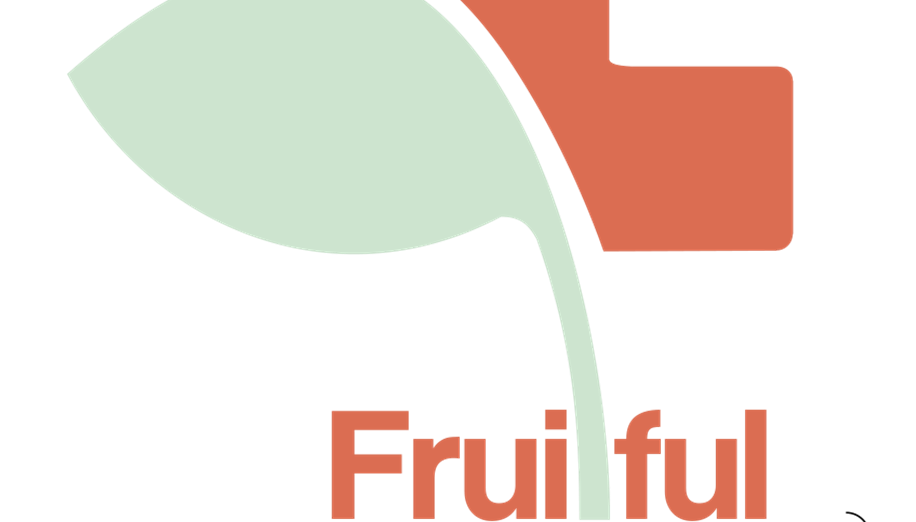FruitfulHealth
PUBLIC
United States, UCLA
Team Gallery
No gallery images have been uploaded.
Project Overview
Problem: According to the CDC, one out of three patients never fill their medication prescriptions and about half of all prescribed medications are not taken as prescribed. Poor medication adherence accounts for 700,000 annual hospitalizations and more than 25% of nursing home admissions. As a result, non-adherence is the fourth leading cause of death in the Unites States (125,000 deaths annually) and an estimated cost of $300 billion dollars (13% of healthcare spending) to the healthcare system in the United States. As a result, numerous interventions have been attempted including those that have increased patient education, follow-up, face to face time with physicians to address non-adherence and reduced copayments. Despite these efforts, non-adherence continues to be a problem we have yet to have a working solution for.
We believe the most important contributing factor to non-adherence is due to individual-level barriers that cannot be effectively addressed with one blanket solution. Thus, interventions should be patient centered. However, bridging patient and provider shared decision making has become increasingly difficult with growing administrative burdens. Thus, if we equip both patients and providers with technology that reduce workload while delivering the same quality of information necessary to practice patient-centered medicine, we can change the practice of internal medicine.
Innovation: In 2016, the United States market spent $345 million on MHealth medication adherence systems technologies. Fruitful Health is a user friendly mobile phone application tool that helps engage patients through improved communication and accountability using gamification and health behavioral economics to address the $300 billion problem of non-adherence.
First, before they see their doctor the patient will complete two tasks: 1) identify, prioritize, and limit their visit specific health needs to three items that will be discussed with their provider and 2) create a rank order list of preferences that impact their decision-making process (e.g. cost, side effects, time, etc.). Fruitful Health visually displays these individualized, visit specific patient care aids to their physician promoting efficient and effective communication.
Second, Cata-List follows up with our clients by 1) asking patients to document if their visit needs were addressed and if not, will save and auto-populate it for their next clinic visit, 2) recommending patients to reflect on and commit to one health behavior change (Commitment Contract) and 3) recommending patients to create a To Do List of the small steps they have to complete in order to address their health behavior goal prior to their next clinic visit. All of these steps are “pre-commitment steps” that help bridge our patients from the intention to action stage of behavior change.
Given our product is heavily dependent on end user (patient) input, we had to change the way we engaged our clients. Patients will create a virtual avatar of themselves on our platform. The patient will be responsible for feeding the avatar a virtual “apple a day, to keep the doctor away.” If they forget to feed the virtual avatar, their avatar will appear sicker and sicker which will be visible to the virtual community utilizing the theory of social influence (e.g. peer pressure). Second, the virtual apples also can be cashed to get a “slice of the apple pie” or a chance to win prizes on a weekly basis utilizing the theory of overestimation in behavioral economics. These apples are rewarded each time they complete the aforementioned steps in our product.
About Team
It all started with boba! There I was sitting in a boba shop with my friends. I had just received an email from the American College of Physicians. There was an Innovation Challenge shark tank to change the way we practice internal medicine. Usually, if I see these types of email, I just pass it by. But this time, it was different. I looked up and there was my friend Kevin, a recent graduate with a masters degree in human factors engineering. To my left, was my friend Kyle who knew how to engineer web applications. I asked my friends if they were interested. We ordered more popcorn chicken, more boba and we came up with an idea to create a smartphone application that could make communication interoperable among all the health providers for super-utilizers of health care or the top five percent of patients who use half of the healthcare resources due to complex medical and social needs. We began to set up meetings to prepare our application. One week later, one of our friends said, "Hey, I think that application already exists." We googled it, and sure enough it was there. We went back to the drawing board, more popcorn chicken, more boba and we came up with another idea. This time we googled it and unfortunately it was there again. This happened multiple times. We became depressed and were on the brink of giving up. We then decided it would be a good idea to take our minds off of the project and began our trip for Zion National Park for our winter vacation trip. As we were driving to Zion, it hit us! Why were we focusing all our efforts on changing things for providers. How about we think of an innovation for patients to use? That was how Fruitful Health was born.
Since December 2017, we recruited a multidisciplinary team of students/recent graduates from medicine, software engineering, graphics design, business, and law and made it to the final four shark tank competition this year! We are so committed in fact we have completed our prototype and now are in the process of engineering the software. We would love to enter the Imagine Cup in order to 1) learn from seasoned mentors in the industry and 2) raise the necessary capital to launch into the open market.


